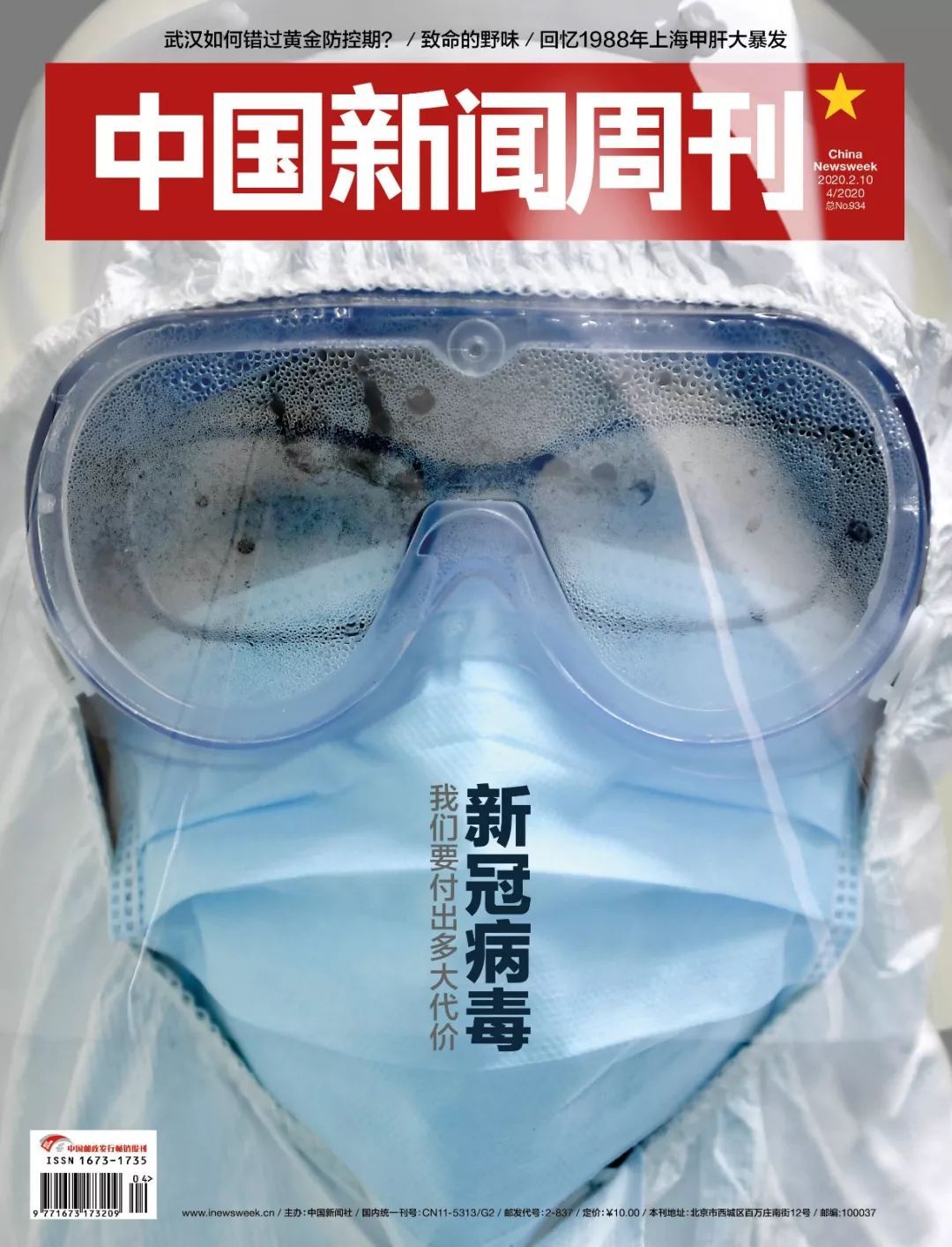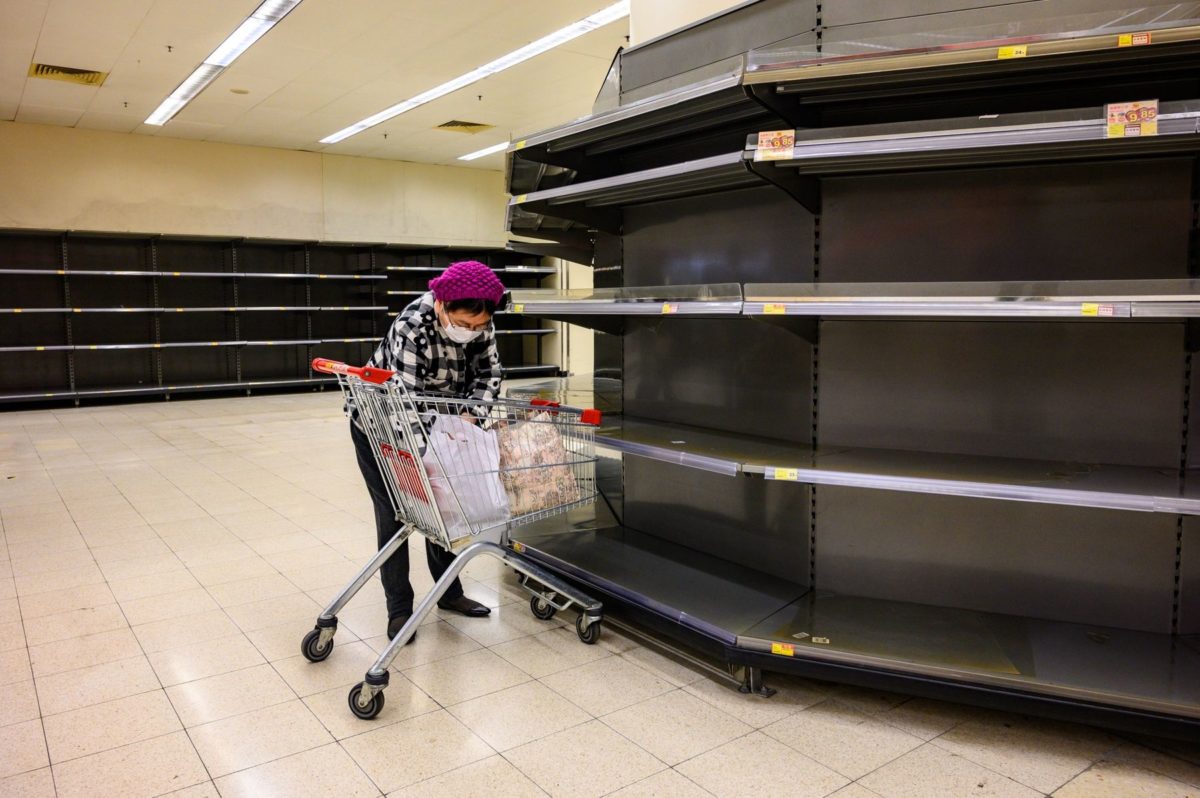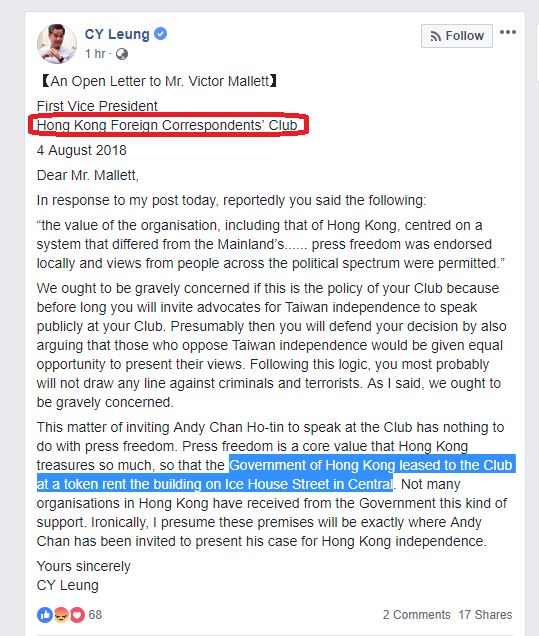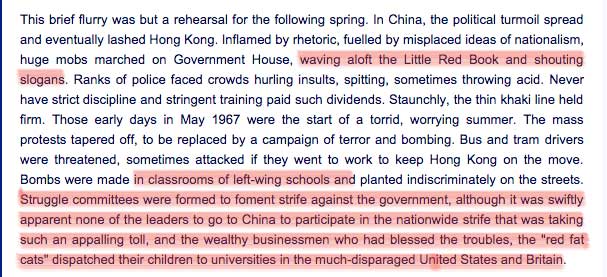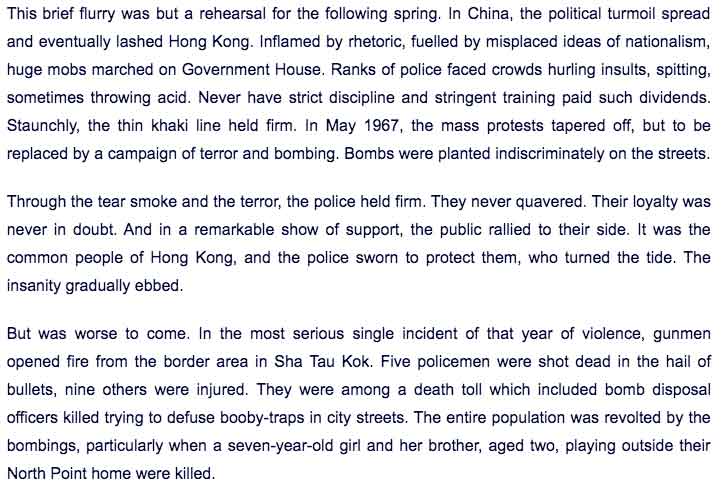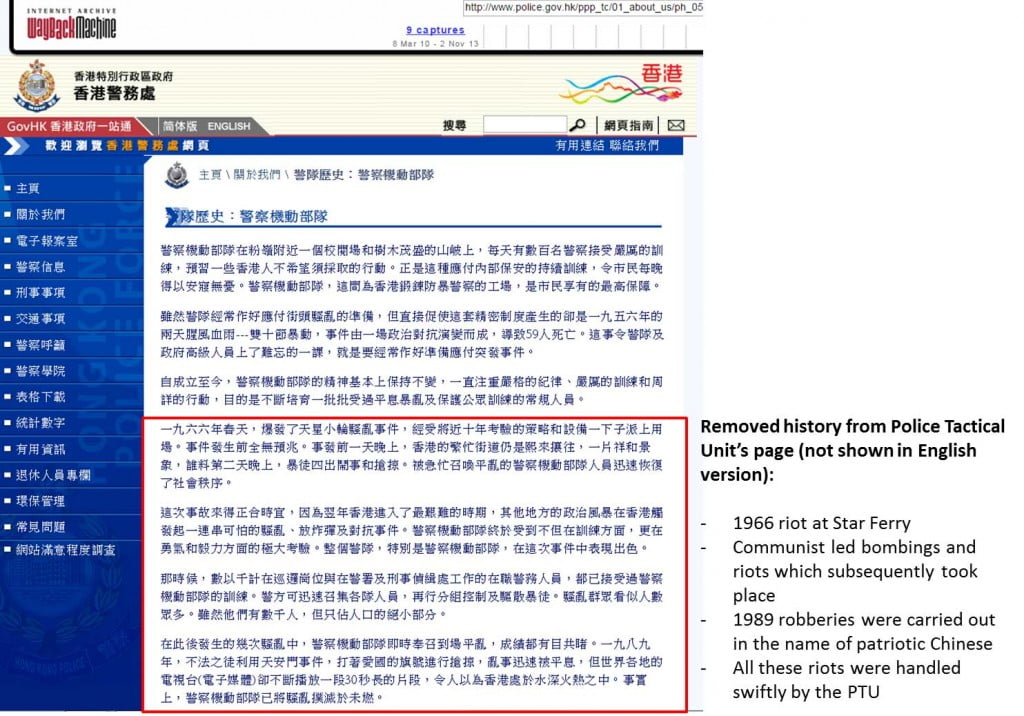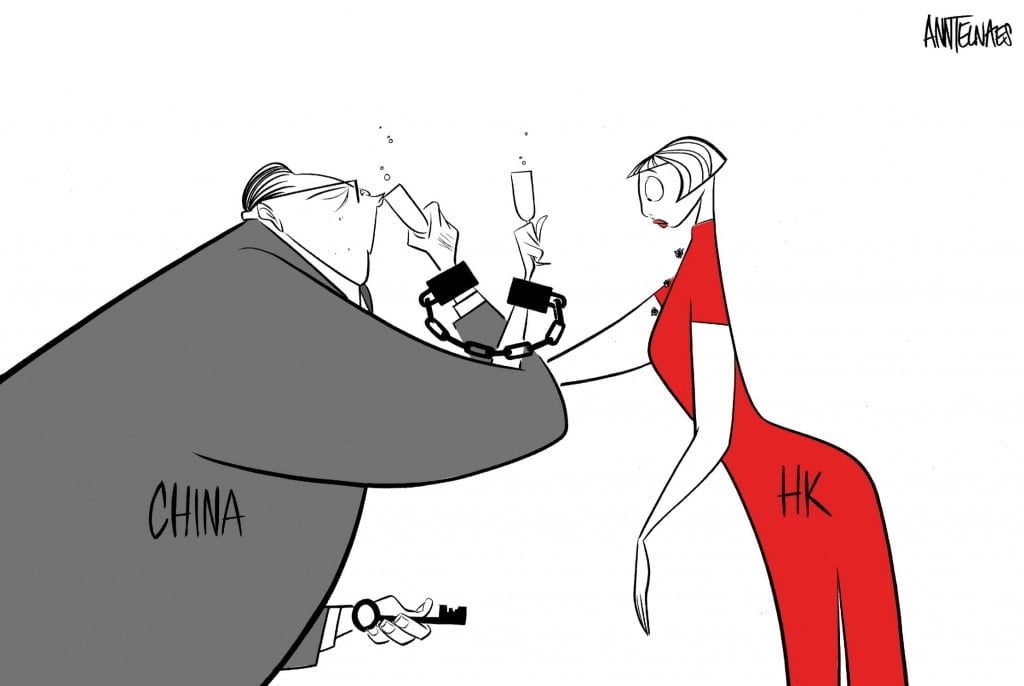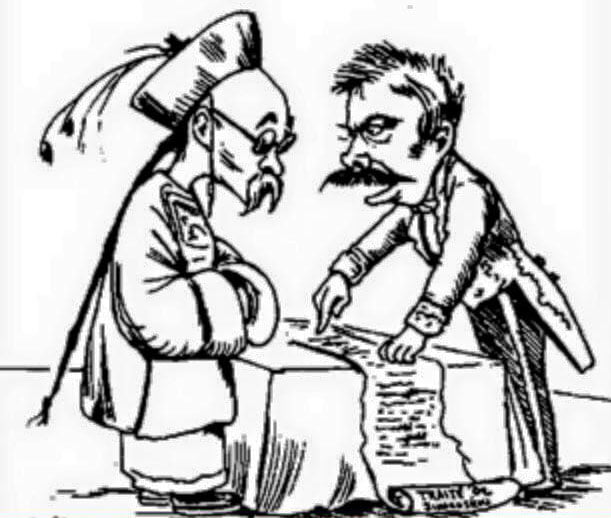
No one can deny that Great Britain and China have had a long and contentious trading relationship.
To this day, many in China see this relationship through the historic lens of what has become known as the Unequal Treaties. Unlike so many things in China, the notion of an unequal treaty doesn’t quite sync with the perfunctory meaning one would first imagine.
In fact, any simple review of British Colonial History quickly shows that the principle driver behind the first war between Britain and China was Britain’s desire for trading treaties that were essentially equal. Whereas in the past, the Dragon Throne had only ever entered into treaties that overtly benefitted itself over and above the vassal or barbarian state. Between 1839-42, the British demanded, through the means of arms and military coercion, that China sign something that reflected the two great nations on par with each other both politically and economically.
Ever sticklers for detail that the British were, they sent back treaties numerous times so that the language within perfectly reflected an agreement between two equal countries, and thus ensuring that there were no hidden subtexts of one party being senior to the other. In fact, the Treaties between Britain and China were not unequal in their wording or intention. They were, in fact, the first ever treaty that the Dragon Throne entered on an equal basis.
From the Chinese side, what the term unequal alludes to, is the power relationship. Or Britain had greater power in setting the terms, mostly in the form of arms, to force China to sign the treaty. Or, if the power relationship had been more equal, China would never have signed an equal trade pact with the barbarian state, Britain.
For British people today, relating what happened in 1842 to David Cameron’s trade deals with China in 2015 is a long stretch, but no doubt it was the cherry on the top of a huge bumper bonanza for Xi Jinping’s UK delegation this week. History had finally come full circle, with the old oppressor Britain, bending over backwards, cap in hand, for divine blessings from the new Dragon Throne, apparently flush with cash.
Certainly the rulers of China, the CCP, didn’t force any trade deals upon modern day Britain. But from the tone of the ostentatious welcome afforded to the CCP, it was clear that for Cameron and Osbourne, China now has the economic clout to force Britain into modern day trade deals with echoes of the Unequal Treaties of yesteryear.
No doubt, the trade pacts that were signed were fair and equal and probably gushed with mutual respect between the two States. But just like in the original Unequal Treaties what will be remembered in history is what the text does not contain.
By being directly instructed not to talk about Human Rights or anything else that may “offend China,” Cameron conceded that Britain was the weaker party in the deal, and just like China in 1842, signed an unequal treaty that its citizens will come to resent in the years to come. For the billions of dollars of deals from China to Britain, come loaded with unwritten conditions for future UK governments to fulfil: Don’t meet the Dalai Lama, don’t comment on China’s human rights, don’t comment on China’s internal affairs, be compliant with China’s foreign policy, do not support Hong Kong, etc., etc. Or bad behaviours, as defined by the immoral CCP, will bring financial consequences for Britain, good behaviours will bring rewards. Plus, throw into this coercive relationship, the control of three nuclear reactors.
So, as long as Britain is compliant to the CCP’s will, the money will come and the reactors will keep running. Just in the same way as in 1842, where British gunboats would cease firing so long as the trade flowed in a manner that suited the Brits. It is these types of unwritten and conditional demands that make seemingly equal treaties seem very, very unequal, and is why many British people are in an uproar today.
All-in-all, Cameron’s 2015 China-Play was a bad day for British sovereignty. It was also a bad day for the future of global trade if other countries choose to follow suit and entertain a world where core-values are blatantly forfeited for short-term gains from predatory, authoritarian States.

